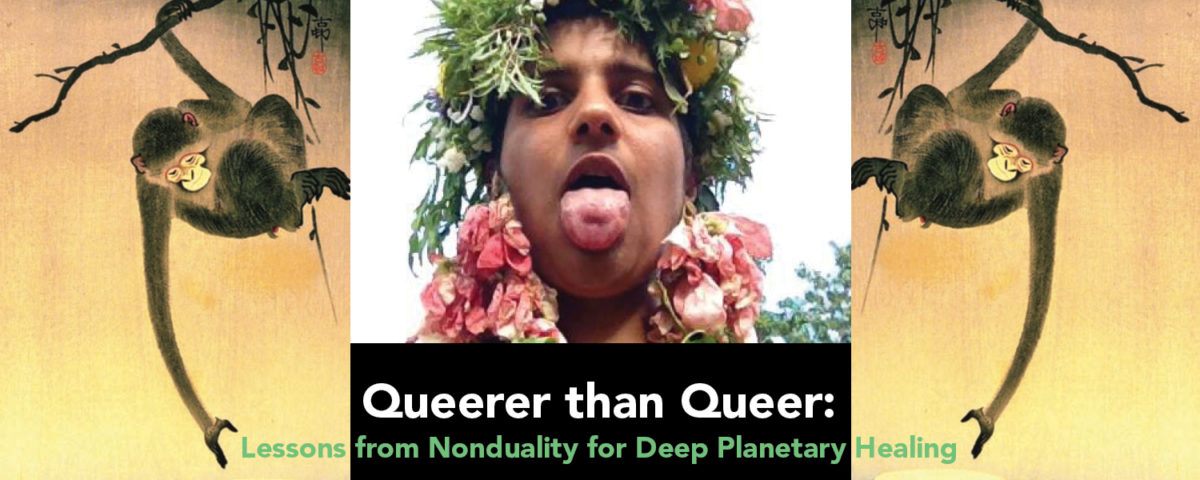Thu Aug 5 & Fri Aug 6 | 7pm
Workshop | Online
“Now, my own suspicion is that the universe is not only queerer than we suppose, but queerer than we can suppose.”~ JBS Haldane in his 1927 essay, Possible Worlds
In this two-part interactive workshop we will explore the fine line between what we conventionally consider as illusions (such as a mirage) and that which we consider as ‘reality’. How real is reality? How real are our feelings & emotions?
If all existence is illusion-like as expounded by various eastern philosophical systems – something that we can infer through reasoning & have an embodied experience of – what impact can this potentially have on our emotional world, our behaviour, our actions and ethics?
The nondual wisdom of interdependence & the practices available to develop a sense of unconditional friendliness towards all beings (and things) couldn’t be more relevant than now when we are undergoing tectonic shifts in life as we know it. At the heart of these changes, what is at stake are our relationships & our affect. How can we relate & how would we relate if the boundaries between self & other dissolve? How does this impact our work as artists as we touch ‘others’ through every sensory and mental means available to us? What innate kinship do queers share with nonduality as a mode of life?
TEJAL SHAH, currently lives in Himachal Pradesh, India
Tejal’s practice consistently challenges the legible by occupying liminal spaces between fact, fiction and poetry. Working across diverse media such as video, photography, performance, installation and educational projects, Shah positions themself at the intersection of queer ecology, feminism and nondual Buddhist philosophy. Exploring the notions of “trans-”—with regard to gender and sexuality, but also to national or cultural identity—Shah’s work inhabits the position of the in-between as a means to destabilise the complacency of status quos. Theirs is an invitation to examine the relationship between power and knowledge, learned social and political behaviour, and the construction of norms.

